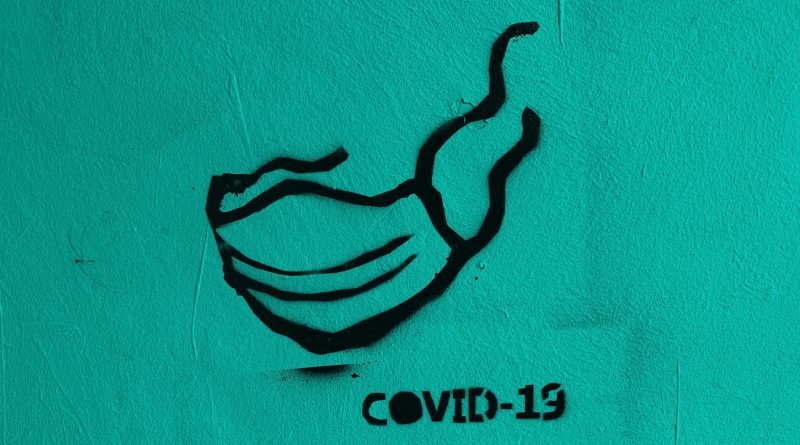Reputation management during COVID-19: a must-have not a nice-to-have
An article by Sara Drake, Chief Executive of The Chartered Governance Institute
It often seems that reputation management is viewed as a nice-to-have rather than something that is business-critical. This is particularly the case when exceptional situations such as the current coronavirus pandemic leave organisations struggling to respond to a unique set of circumstances over which they have little control. With organisations in every sector fighting for their very survival, some might view spending time on reputation as a luxury they simply don’t have time for. This couldn’t be further from the truth.
Solidarity can quickly turn to disillusionment, which is why it is so essential for governments, companies and all other types of organisation to be seen to be managing the crisis to the best of their ability. No-one is expecting perfection, but what organisations do now will undoubtedly have a significant impact on how they are viewed in the future.
We are already seeing signs that public perception is beginning to turn. There was a backlash against Premier League footballers who appeared to be retaining eye-watering salaries when club staff were being furloughed. Similarly, Richard Branson has been criticised for seeking a government loan for his airline business with Diane Abbott MP denouncing him on Twitter for not having paid tax in the UK for the 14 years that he has lived in the British Virgin Islands. Those organisations and business leaders that get it wrong could find their reputations irreparably damaged by their response to COVID-19.
While the immediate aftermath of the coronavirus outbreak was spent ensuring the safety and wellbeing of employees, attention quickly turned to supporting other stakeholders, as organisations scrambled to adapt to a fast-moving and emotive environment.
In the five short weeks which have marked a severe change in living and working practices in the UK, the new norm has quickly become business as usual. Attention is now turning outwards as governments, businesses and other organisations globally realise that they will be judged on what they did when the crisis hit and how they responded as it unfolded.
Continuing to engage with and listen to a wide range of stakeholders is essential, as is ensuring external intelligence is factored in at the most senior level when setting strategy responses. There is a role for the Board to check this is happening and check that crisis communication planning is up to date and robust, with clear internal responsibilities so that their organisation is able to act fast to take steps to avert lasting damage if a problem does blow up.
Trust in some organisations was already at an all-time low following numerous scandals, the 2008 global financial crisis and increasing concerns over climate change and social inequality. With a decline in reputation able to knock millions off a FTSE 100 company’s market value, and the economic fall-out from COVID-19 set to outstrip that of the financial crisis, organisations can ill afford for trust in them to be shaken further. This is why reputational management should be at the forefront of all minds rather than an afterthought. It is not a nice-to-have; it is essential to survival.

